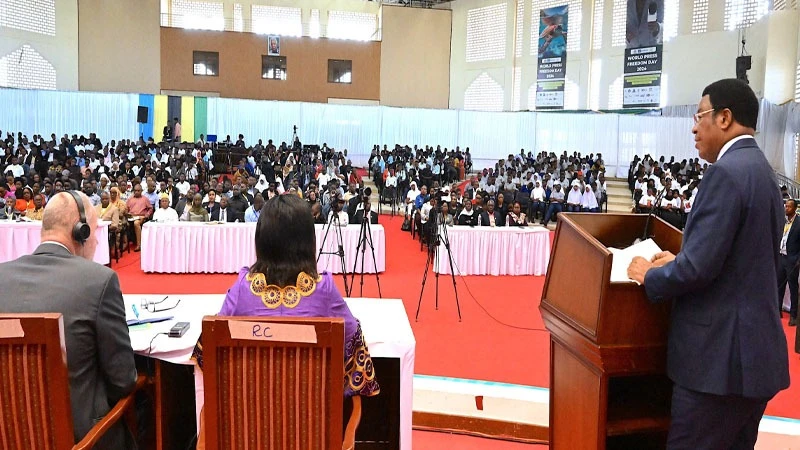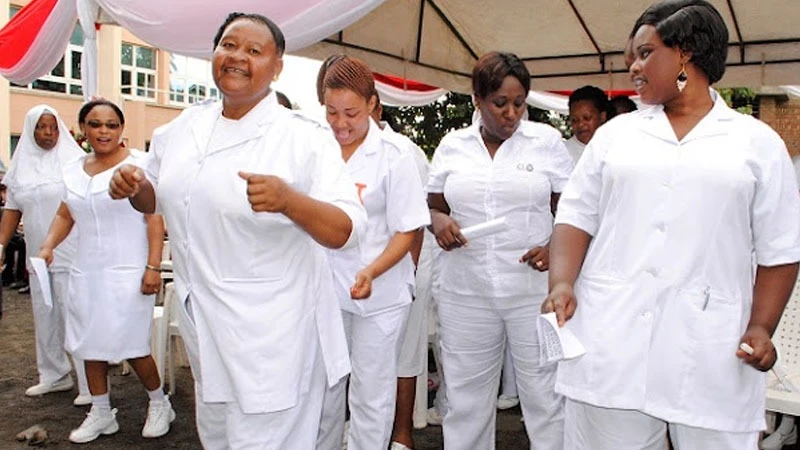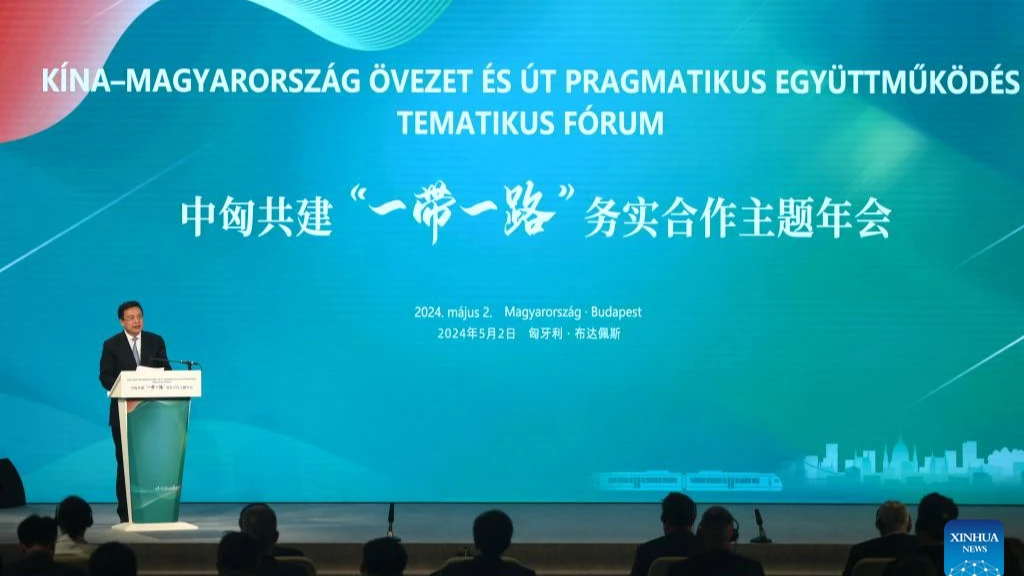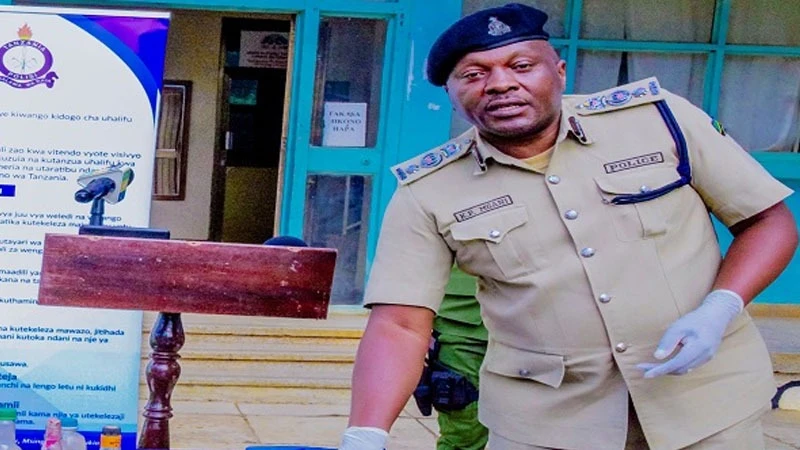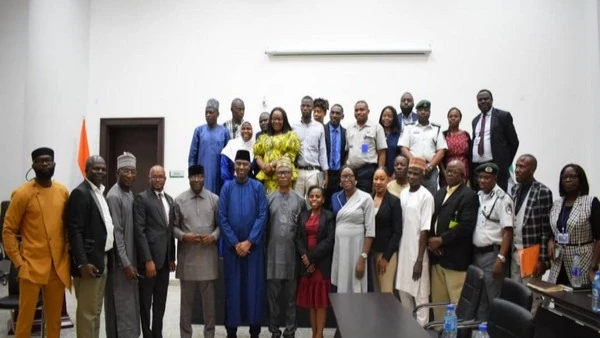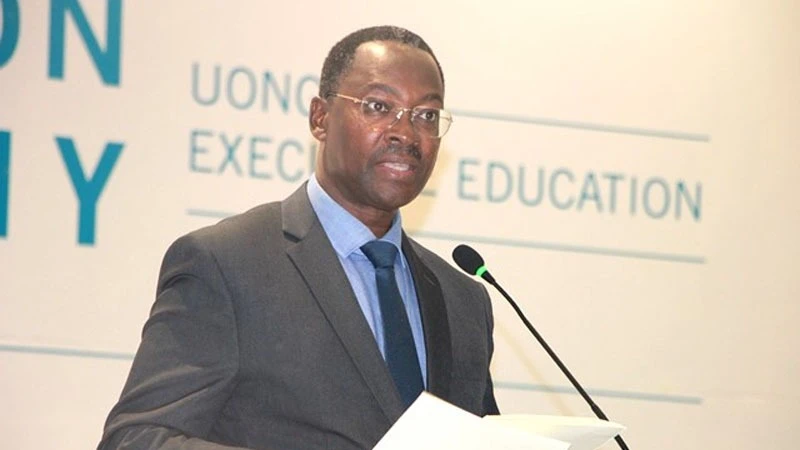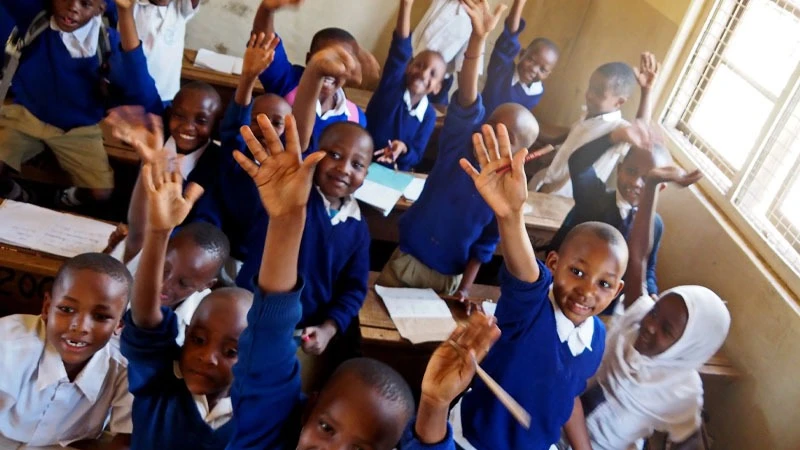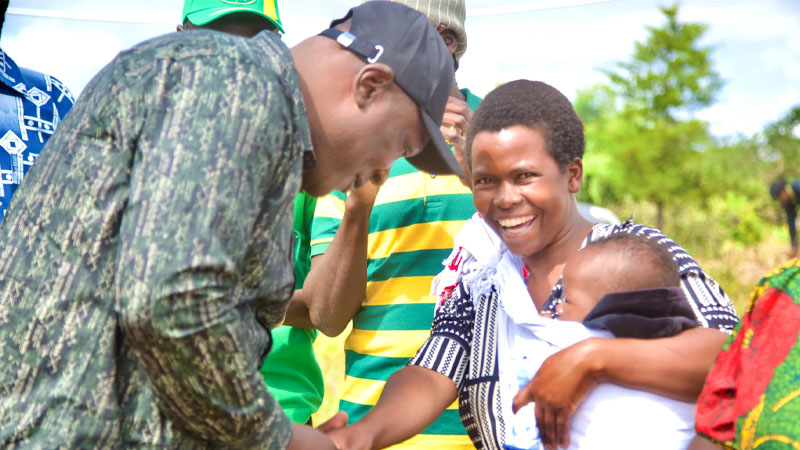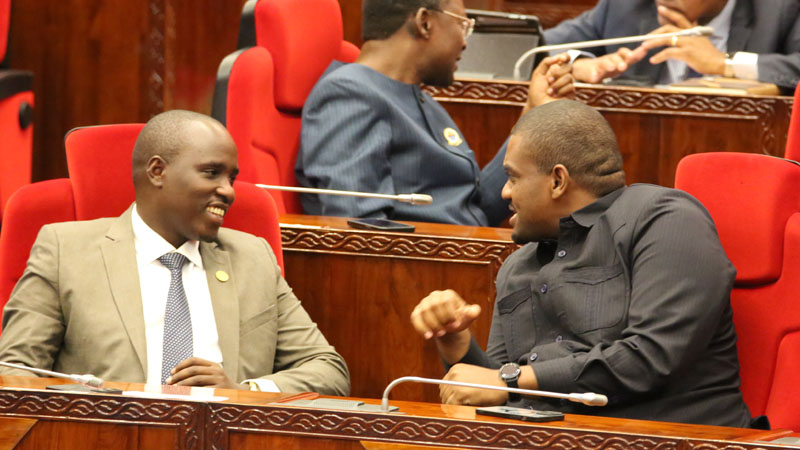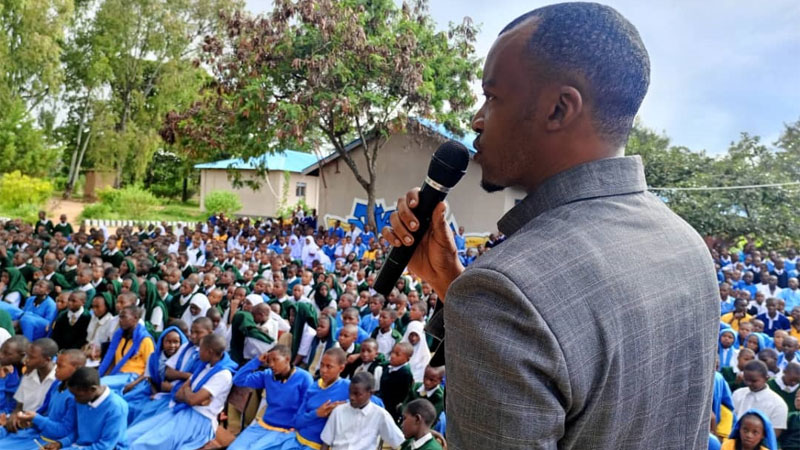LHRC wants tougher laws to enforce accountability
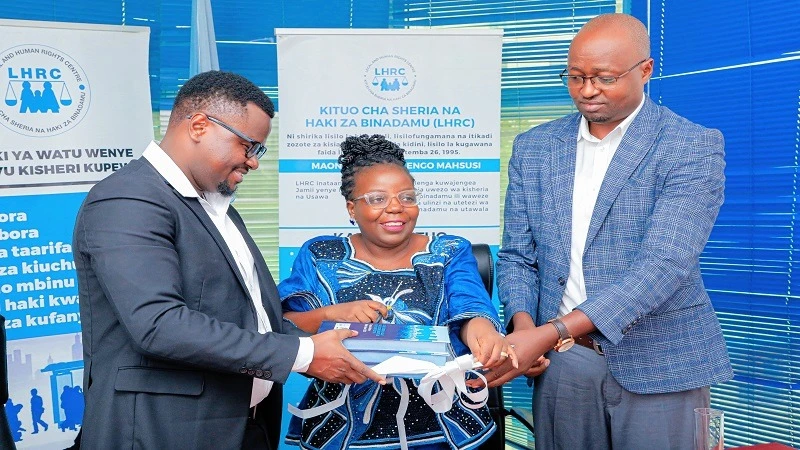
THE Legal and Human Rights Centre (LHRC) has called for review of laws with provisions that make public office holders accountable for their actions.
Dr Anna Henga, LHRC executive director, said this in Dar es Salaam yesterday shortly after the launch of Tanzania Human Rights Report 2023 themed ‘Constitution: A pillar for accountability and rights protection.’
Dr Henga said there is a need to revisit the current constitution in order to strengthen accountability mechanisms and where necessary create new provisions to implement the recommendations made by stakeholders to address human rights violations in the country.
According to her, accountability is the cornerstone of human rights framework without which rights holders cannot hold duty bearers to account in accordance with their obligations.
“In recent years, stakeholders in Tanzania have repeatedly voiced their concerns over the lack of accountability, including corruption and mismanagement, misuse and embezzlement of public funds as contained in CAG reports,” she said.
“A new, people-centred constitution is therefore needed now more than ever to enhance human rights and accountability.”
Key issues highlighted in the report include mob violence, witchcraft motivated killings, intimate partner homicide, press freedom issues and economic violence against women and children.
“Others are criminal justice challenges as highlighted in the presidential commission on criminal justice reforms, violence against the elderly, mental health, violence against children; political participation, quality education and health services, economic empowerment of women, youth and persons with disabilities, corruption, embezzlement, accountability and development in relation to human rights,” she said.
Dr Henga said the report impacts all Tanzanians, public institutions, civil society organisations, private institutions and various groups, adding that LHRC calls upon policy makers to implement the recommendations given in the report through formulation of policies and laws.
“Apart from the policy makers, the public also has to observe and establish why there are human rights violations against children because it is the people’s duty to protect children. There are also recommendations for human rights that are related to people from special groups,” she said.
Dr Henga said that the Tanzania Human Rights Report 2024 shows that children account for 45 percent while women account for 30 percent of victims of human rights violations whereas other victims are elderly at 12 percent, men at 10 percent and persons with disabilities at 3 percent.
“Five most violated rights are right to life, freedom from violence, right to equality before the law, right to liberty and personal security and freedom from torture. Some of the regions where most of the human rights violations and issues were reported are Dar es Salaam, Njombe, Geita, Arusha, Kilimanjaro, Mara, Kigoma and Dodoma,” she said.
She said that based on the assessment of human rights issues vis-a-vis international human rights standards, LHRC observed that the overall situation of human rights deteriorated in 2023 compared to 2022, adding that there were a few positive changes such as the removal of the ban on political rallies and enactment of the Universal Health Coverage (UHC) law.
Fundikila Wazambi, head of research at LHRC, said the effects of human rights violations have been devastating and can be seen at individual, society and national levels, adding that some victims were heavily affected while others died which is a loss to the country's human capital.
“Money is also lost through embezzlement of funds which could have been used for the purchase of more hospital beds to help pregnant mothers, improve elderly services or add to education budget to finance fee-free education. The effects are immense,” he said.
Wazambi said the first group to be affected is children, a situation he said calls for accountability from the government and members of parliament through review of policies and laws, adding that everyone has a role to play.
Top Headlines
© 2024 IPPMEDIA.COM. ALL RIGHTS RESERVED








